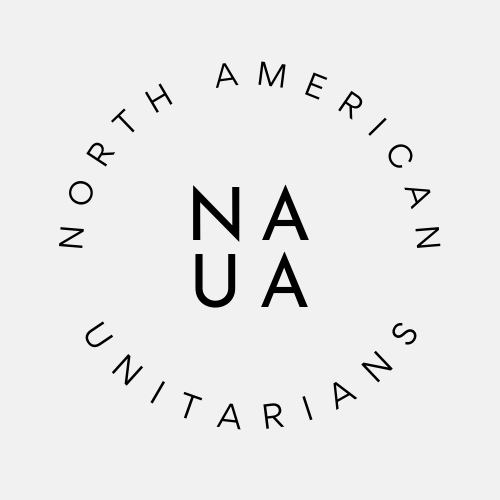They are made of petrochemicals, continuing the cycle of pollution from fossil fuels which disproportionately affect low income communities.
Action: What you can personally do
- Use cloth bags for groceries and vegetables
- Use alternative products like laundry sheets, shampoo bars to avoid plastic packaging
- Shop at stores that have bulk or refillable options like Huckleberrys, and Petco, cat litter, Refillery coming in January to downtown Spokane
- Consider packaging when you shop
- Support restaurants that do not sell their take out food in styrofoam.
- Reduce the amount of clothes you buy, wash. 30% of the microplastics in the ocean come from our washing machines (synthetic and blends, and polar fleece.) The amount of shedding decreases with washes so using clothes longer decreases microplastics.
Service: Ways we can work as a community
- Spokane River Cleanup
- Help sew and distribute vegetable and cloth grocery bags
- Help research and locate businesses that use and sell green products
- Join Break Free From Plastics and Zero Waste Washington
- Tell the places you shop that you want less packaging
Policies: Support legislation to curb plastic production
- Send letters to our legislature in support of legislation to reduce plastics https://actionnetwork.org/letters/support-the-break-free-from-plastic-pollution-act-2/
- Beyond Plastics is seeking to prevent the construction of new plastic manufacturing plants, mainly in Southeastern States. The neighborhoods are almost always located in low income communities of color.
- The Action Network encourages you to send letters to Army Corp of Engineers, etc. to address new plastic plants. https://actionnetwork.org/letters/pause-petrochem-buildout/

